by Frank Vespe
Of all the myriad problems facing horse racing — drugs and drug cheats, horses breaking down, handle falling through the floor, declining foal crops, high takeout, decrepit facilities, an aging fan base, on and on and on — here’s one that probably hasn’t caused you much loss of sleep: the inability of rich guys to get free tickets to Kentucky Oaks day at Churchill Downs.
So, why is Twitter all a-twitter over that very issue?
Fox Hill Farm’s Rick Porter, owner of Derby runners-up Eight Belles and Hard Spun, among others, had this recent experience with Churchill Downs, where his Normandy Invasion is expected to run in Friday’s Grade 2 Alysheba Stakes:
“[Churchill Downs] told [Porter’s assistant] Victoria that I was entitled to no seats as an owner of a horse in a $300k G2 race on Friday. I was also informed that I did not even get a ticket to get in the track. We were offered several seats for $200 but the lady that knew Victoria said that we would not be happy with the seats.”
To which Porter, a native of Wilmington, DE, essentially says, in an angry (and all in boldface) blog post: “I’m mad as hell, and I’m not going to take it anymore.”
I don’t blame Porter for being upset; I would be, too. Taking care of owners with stake horses is, as Dr. Evil said, “pretty standard stuff,” even moreso when they’re running in graded events.
The question is, why should the rest of us care?
It is, after all, Porter’s problem and not mine (or yours). It’s not as if he’s shut out; if he really wants to go, StubHub would be only too happy to help him.
This is, at base, the most garden- of garden-variety issues: a customer not receiving the sort of treatment to which he believes he’s entitled.
In most businesses, this would amount to a private concern, a “nothing to see here” moment.
And yet racing people, at least those on Twitter, seem to care very much indeed, which circles back to the original question: Why?
[author] [author_image timthumb=’on’]http://www.theracingbiz.com/wp-content/uploads/2014/01/fvandfred2.jpg[/author_image] [author_info]Frank Vespe, the founder of The Racing Biz, has owned, bought, sold, claimed, and written about horses, in varying combinations, for a decade.[/author_info] [/author]
Part of it has to do with the story’s villain, Churchill Downs, Inc..
CDI almost seems to cultivate a reputation as not caring a whit for horsemen or customers. The condition of the Fair Grounds, the Churchill-owned track in New Orleans, has become so dire that the Louisiana legislature is considering requiring the company to invest more in the physical plant, and the state Racing Commission has delayed renewal of the company’s license to race at the track.
On the heels of that good news, CDI decided to raise the takeout on wagers at Churchill Downs, just in time for the Kentucky Derby. The Twitterverse has since been abuzz with talk of a wagering boycott, though how that will affect handle, if at all, remains to be seen.
The story sticks, in other words, because it makes sense to us. A story in which Churchill Downs is the bad guy? Of course, we say, of course they’re the bad guys.
Some of it, too, has to do with who racing fans and bettors are: naturally skeptical and alert to perfidy. The old gambling advice — if you don’t know who the sucker at the table is, it’s you — is encoded in the DNA of horseplayers who are ever on guard against being played.
Finally, there’s this: Porter is an owner with some juice — which is to say, money and good horses — who’s pointing out that (in this regard, at any rate) the emperor is looking a little bit threadbare. Plus, he’s doing it in real time, with passion and energy.
He tried and failed to get tickets Monday morning, and by Monday evening had blown his stack.
He wrote (caps and boldface his), “THERE WILL COME A DAY WHEN A LARGE GROUP OF OWNERS WILL TAKE ON THE CHALLENGE OF FIXING THE SPORT OF RACING… I WILL BE PART OF IT AND IT IS GOING TO HAPPEN.“
Contrast this with, for example, the Jockey Club’s lame and late-arriving response to the March PETA video condemning racing as, essentially, a den of thieves and horse killers. In two statements spurred by the video — one statement issued a week and a half later, the second two weeks after that — Jockey Club chairman Ogden Mills Phipps assured us that the organization is “working diligently on many fronts,” including “providing input” on legislation, “reaching out” to racetracks, and “routinely reporting” on equine injury data. Yawn.
Honestly, I couldn’t care less whether Rick Porter gets tickets from a friend, drops $1,105 per (StubHub price this morning) for good clubhouse seats, or stays home. His presence or absence will have no impact on Oaks day for virtually anyone.
But small events can be the catalyst for big changes, and if there’s one thing we know, it’s that racing needs to change. The handle figures and mostly empty grandstands tell us that.
And so perhaps that’s why the sudden swelling of concern for Rick Porter’s ticket-gate. He’s mad as hell, and he’s not going to take it anymore — and a lot of people around racing are feeling the same way.



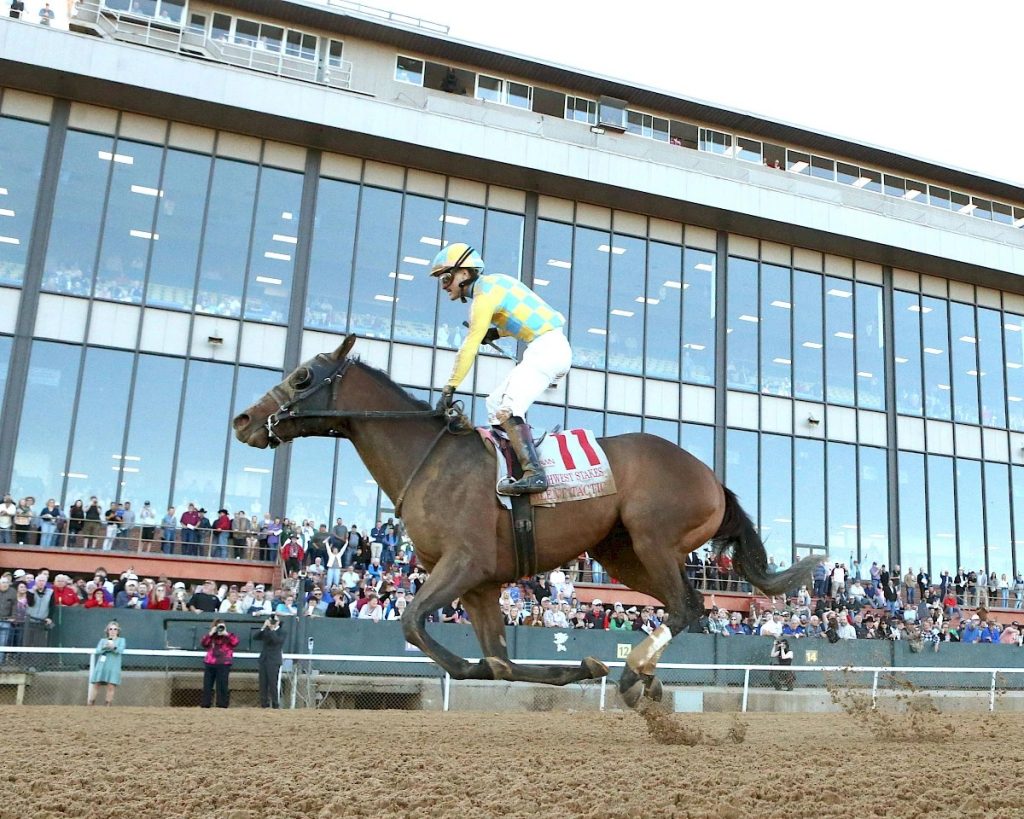

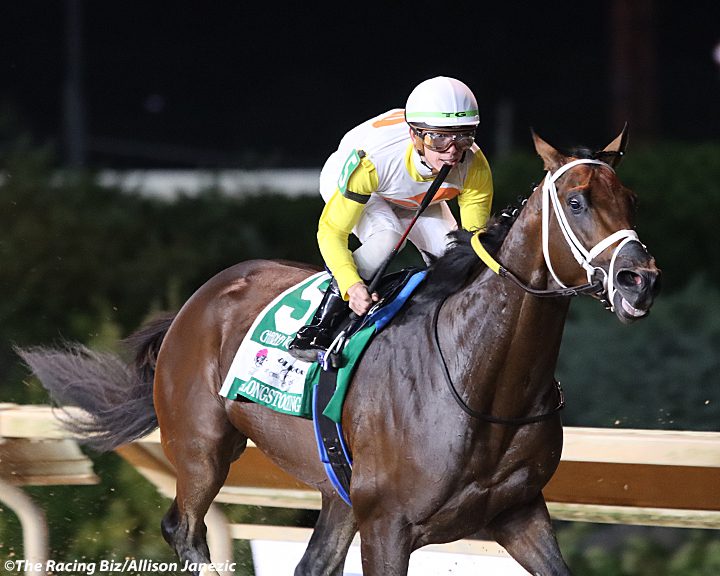
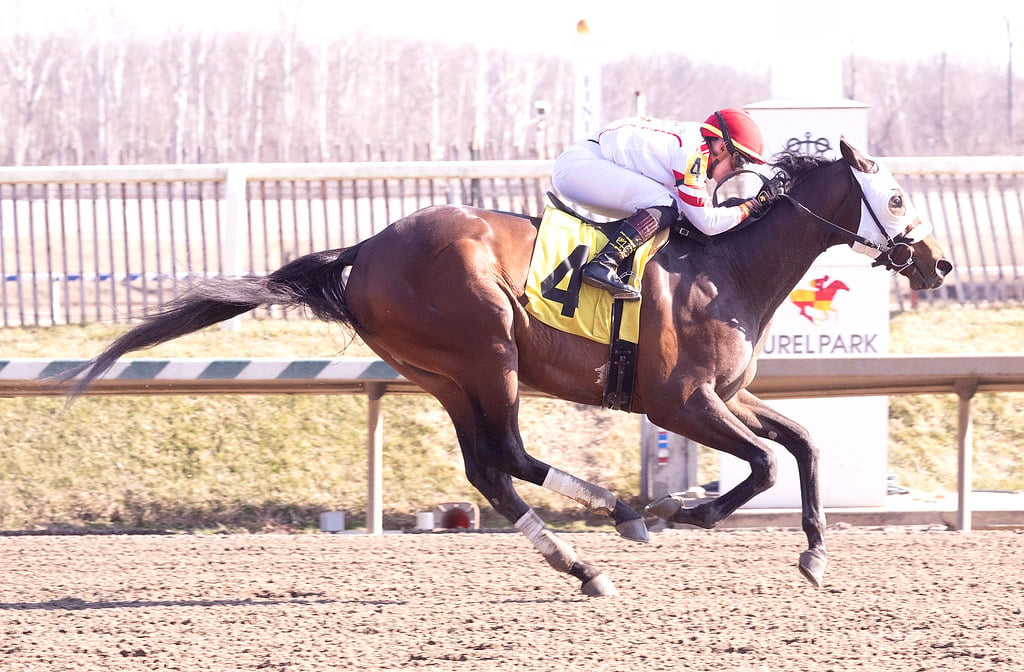
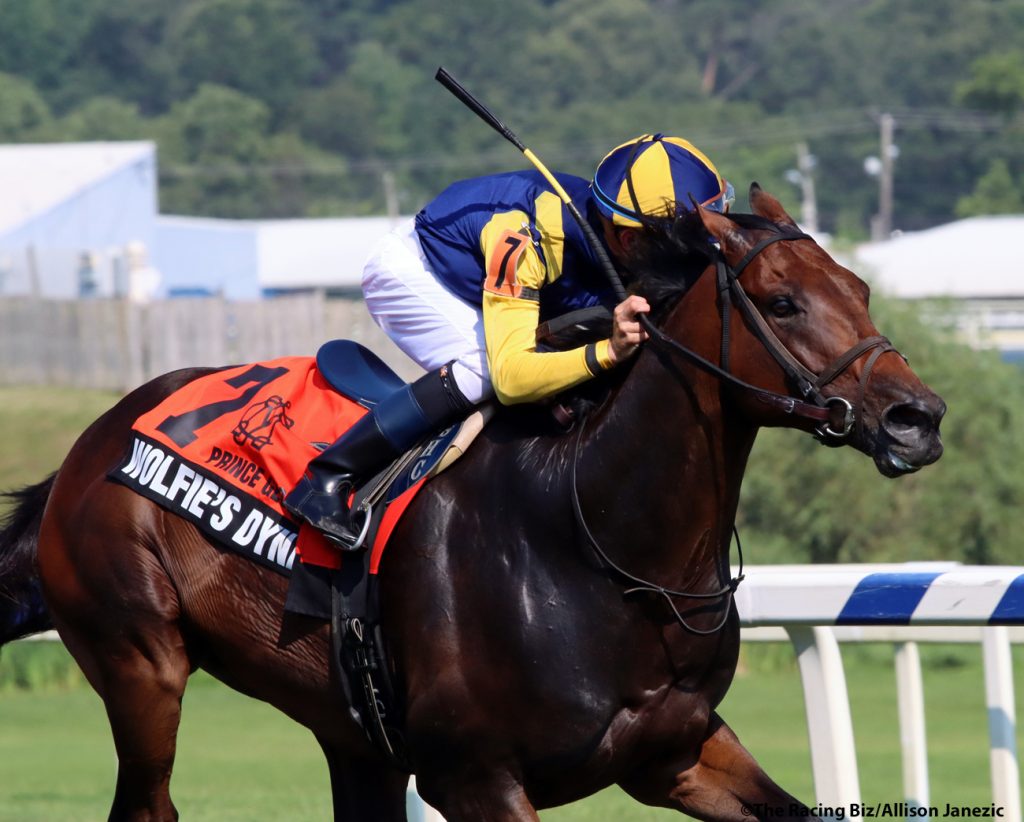
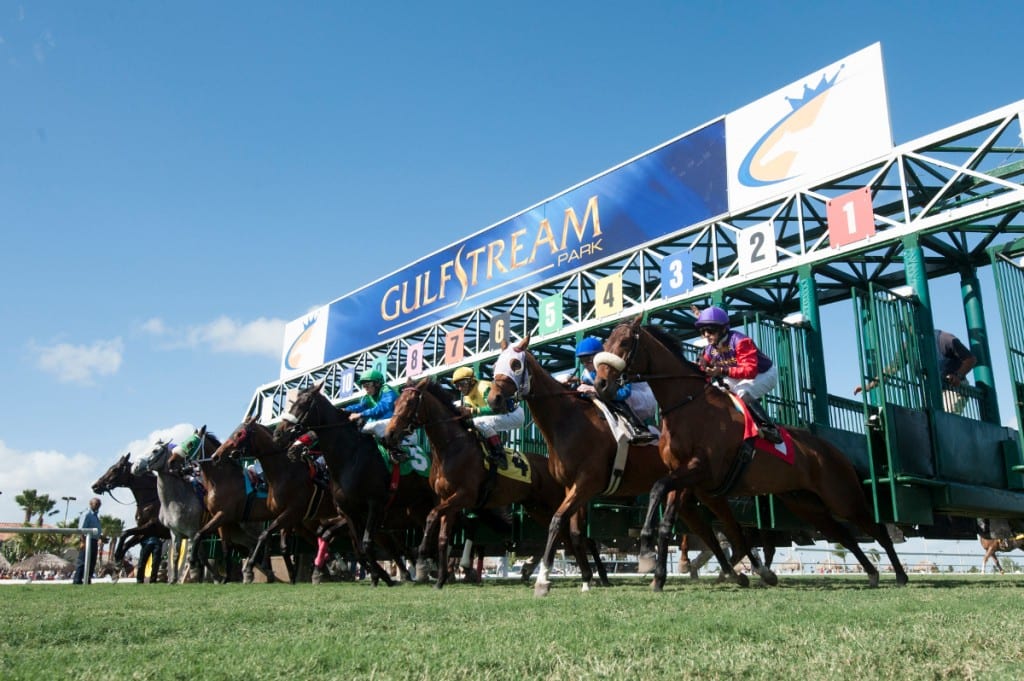
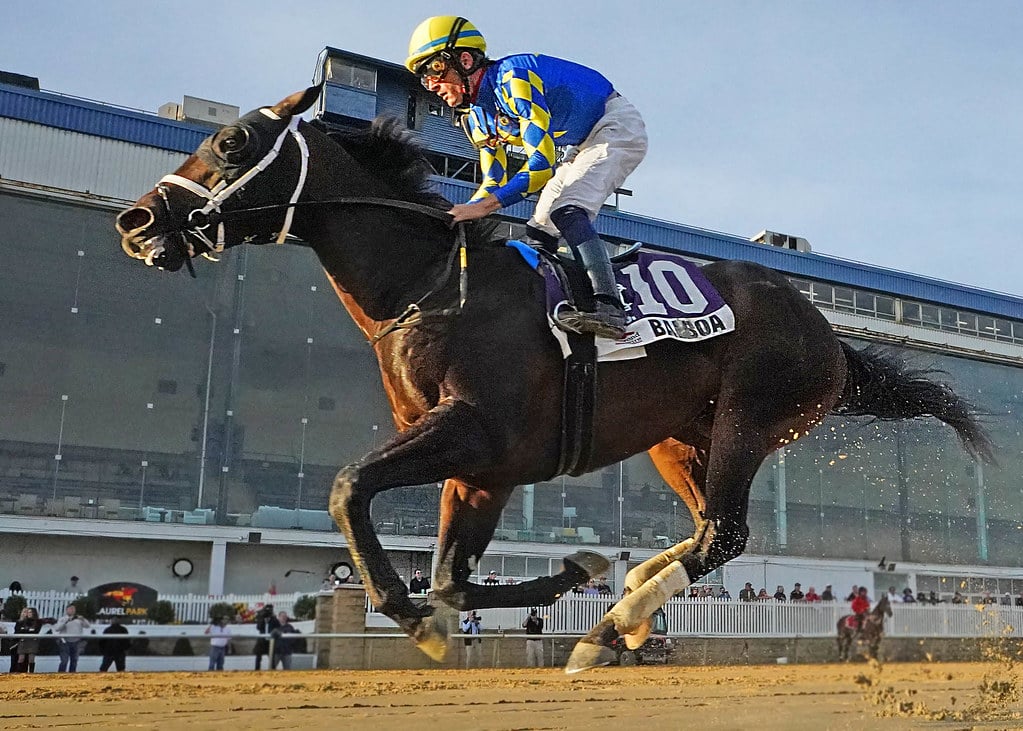


Tom Pendergast
29th Apr 2014The Kentucky Derby by any other name (by Yum Brands) is not the traditional Kentucky Derby we’re accustomed to. Churchill Downs sold their soul for profits and I believe this is the beginning of the demise of the Triple Crown as we know it
mary w
30th Apr 2014Churchill doesn’t care about the “small folks”. Now, it seems they don’t care about the major players either. The box I had for years was taken away. Now, my family and I no longer attend. Same with a Kentucky family I know who raise and race their thoroughbreds.
Mary K
30th Apr 2014Let’s not forget that without the horsemen — owners,breeders, trainers — we have no racing. Without the bettors, we have no handle. CD would be just one big casino (which, it appears, would be fine with management). Only trouble for them is, Louisville already has a casino. It’s down on the river, Indiana side, on a boat. What’s so special about that?
I have no ties to Rick Porter, and yes, he can afford to buy seats. But I do have respect for the owners (in aggregate – don’t know every one of them, so I won’t say personally). Without them, there would be no horse racing.
Frankie Conditions
30th Apr 2014Racing makes things so hard on itself. Many of the “insiders” when asked about how and why the busienss runs counter intuitive to almost every other business the answer is “this is how racing is”. So hows that working out ?
There are smart people in the game like Mike Repole, Kevin from UA, and others that have made huge investments in the business. So because there are all these state jurisdictions that means current, real world business basics can’t be established ? I forgot its the “establishment” that doesnt want change and wants to control the rules and the “game”.
There’s an old saying , if it aint broke don’t fix it. Well for many of us “newcomers” we got into because we love it. We quickly realized though changes based on the world in 2014 can help re-build it and make it better. Some of the old guard should know things like cell phones and the internet are not new and we’re not going back to pay phones and stage coaches. The point is the aforementioned people are smart business people capable of contributing to decisions for everyones benefit. They know businesses need a top line to get a bottom line and the smaller the top line gets the harder it is to have a bottom line.
I hope Mr. Porter can modify his statement to include ALL owners not just the biggest ones so that change for the better and the bettors gets going !